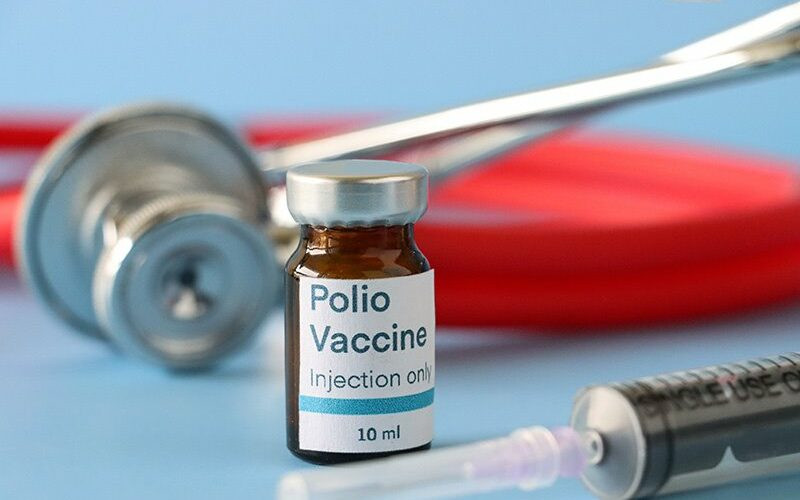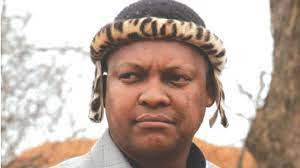
IN Tsholotsho district, Matebeleland North Province, Junior Ndlovu stands in line with other parents at Gandisa Business Centre, her two children by her side. They are waiting to be vaccinated against polio.
“I understand the importance of immunisation and believe it’s crucial for children to receive these vaccines,” says Junior, reflecting the sentiment of many mothers who brought their children for the campaign featuring the novel oral polio vaccine type 2.
At this single location, over 102 children received the vaccine, contributing to the district’s overall reach of 96,403 children.
These children are among a total of 4 633 015 vaccinated across Zimbabwe during the four-day mass campaign that concluded on February 23, 2024.
The Health and Child Care ministry, in collaboration with the United Nations Children’s Fund (Unicef), the World Health Organisation (WHO), Bill and Melinda Gates Foundation (BMGF), US Centre for Disease Control (USCDC) and other partners, launched this nationwide campaign using the novel oral polio vaccine type 2 vaccine following the confirmation of circulating poliovirus type 2 in Zimbabwe.
Targeting all children under 10 years old, this nationwide campaign aimed to swiftly stop the spread of the polio virus and prevent future outbreaks.
The campaign followed the detection of a polio outbreak through sewage samples collected in Harare during routine environmental surveillance.
Additionally, intensified disease surveillance by the Health and Child Care ministry identified one human case of polio in Mashonaland West province.
- Chamisa under fire over US$120K donation
- Mavhunga puts DeMbare into Chibuku quarterfinals
- Pension funds bet on Cabora Bassa oilfields
- Councils defy govt fire tender directive
Keep Reading
“While this campaign marks a significant milestone, our fight against polio is not over. We must remain vigilant and continue to prioritise routine childhood immunisations to ensure lasting protection,” said Health and Child Care minister Douglas Mombeshora.
Vaccination teams adopted a two-pronged approach, deploying mobile units to deliver doses directly to homes and stationing personnel at health facilities to ensure widespread coverage.
The campaign also incorporated the Open Data Kit (ODK) to facilitate real-time data sharing and improve campaign efficiency.
Zimbabwe became the first country to utilize the novel oral polio vaccine type 2 vaccine after its prequalification by WHO in January this year, three years after it received its emergency use listing.
By early January, 950 million doses had been delivered worldwide, with Nigeria administering nearly half a billion doses.
The novel oral polio vaccine type 2 vaccine helps to protect children from polio while lowering the risk of vaccine-derived outbreaks.
In the African region, Malawi, Mozambique, Nigeria and Ethiopia are some of the countries that have successfully used the vaccine.
WHO has played a crucial role in supporting Zimbabwe's response to the recent polio outbreak, including conducting the nationwide vaccination campaign.
In collaboration with the Global Polio Eradication Initiative partners like Unicef, Rotary International, BMGF, USCDC and GAVI, WHO played a key role in ensuring the timely and sufficient supply of novel oral polio vaccine type 2 vaccines, cold chain equipment, and other critical resources for the campaign.
Furthermore, WHO provided crucial training to healthcare workers on the proper administration of the novel oral polio vaccine type 2 vaccine.
In addition, WHO contributed to strengthening of routine immunisation and bolstering surveillance systems for both environmental and clinical polio cases, enabling early virus detection and swift response efforts.
This comprehensive approach by WHO has significantly contributed to Zimbabwe’s efforts to control the polio outbreak and safeguard its population from this debilitating disease.
“This recent vaccination campaign was crucial and we applaud Government of Zimbabwe efforts to ensure every child in Zimbabwe is protected,” said professor Jean-Marie Dangou, acting WHO representative to Zimbabwe.
“WHO remains a key partner and will continue to provide the necessary technical expertise to support Zimbabwe in its ongoing fight against this disease.” - WHO






